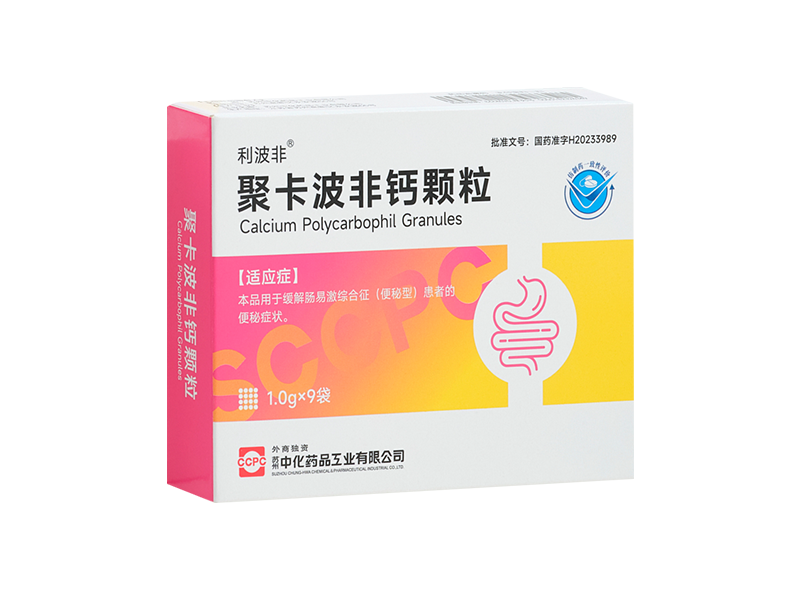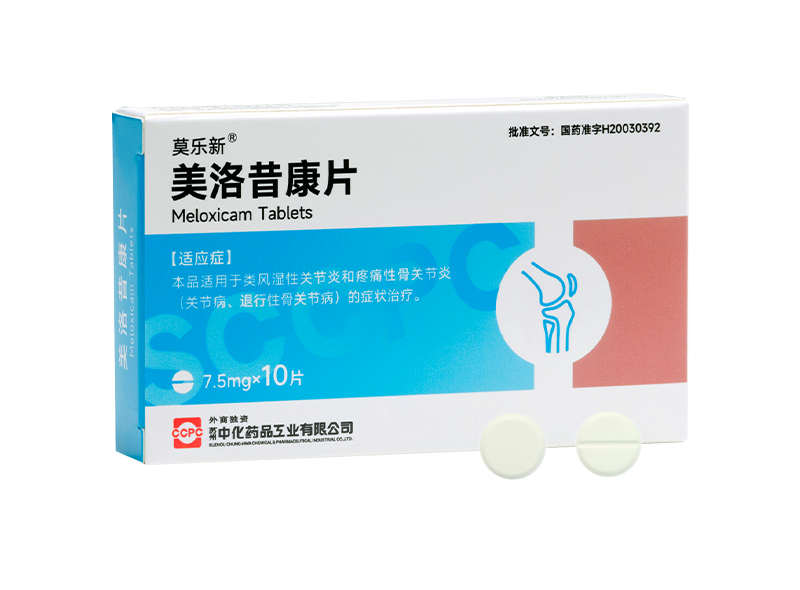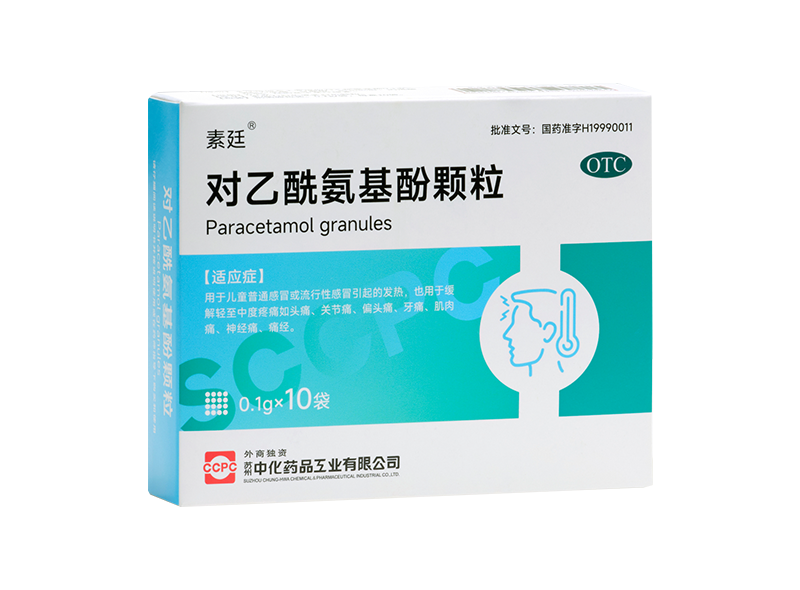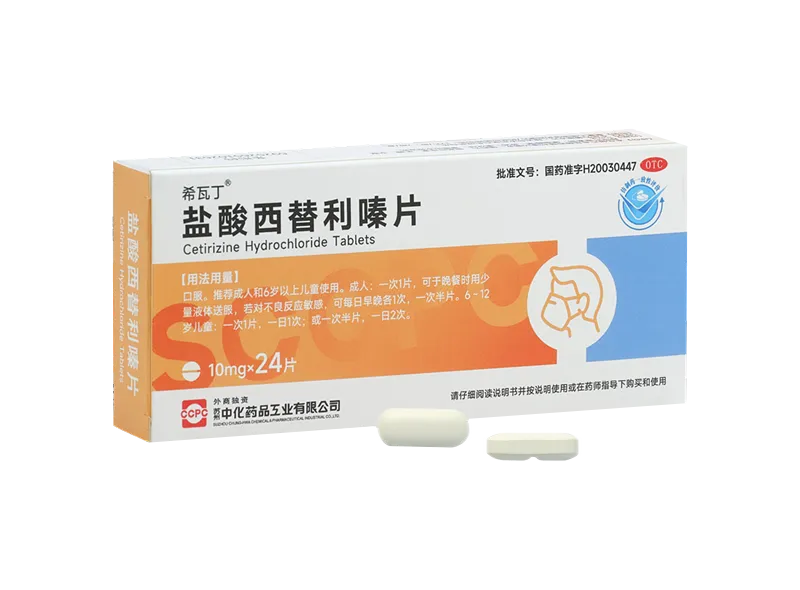Source journal: "Doctor Online" 2025 Issue 4
Recently, a team from the Anorectal Department of Zhangjiagang First People's Hospital published a special article titled "Common Causes and Early Prevention of Constipation: Gut Health Starts with Daily Life" in the national medical journal Physician Online. The article systematically examined the causes of the high prevalence of constipation in the modern population and offered scientific and practical preventative recommendations. This article, disseminating intestinal health knowledge to the public through an authoritative medical platform, has garnered widespread attention.

(Image source: "Doctor Online" 2025 Issue 4)
Constipation is a common digestive symptom characterized by difficulty in defecation, often accompanied by decreased bowel movement frequency, hard stools, and straining during defecation. Constipation is more than just a bowel movement problem; it often affects a person's overall health and can even lead to serious intestinal complications such as hemorrhoids, anal fissures, and intestinal dysfunction. To effectively prevent constipation, it is essential to understand its common causes and how to intervene in daily life. What are the common causes of constipation? The causes of constipation are complex and diverse, involving both physiological factors and profoundly influenced by lifestyle and dietary habits. Generally speaking, functional constipation is the most common type and is often associated with physiological intestinal dysfunction. Functional constipation is closely related to lifestyle and dietary habits and is a multifactorial and modifiable symptom. In addition, there are also organic and medication-induced constipation. The treatment methods mentioned in this article mainly refer to the diagnosis and improvement of functional constipation.
How to improve constipation? A reasonable diet + exercise + a regular life are important
Dietary habits are one of the most important factors affecting functional constipation. Modern diets often tend to include foods high in fat, salt, carbohydrates, and sugar. These highly processed foods often lack sufficient dietary fiber. Dietary fiber is a key component that promotes intestinal motility and increases stool bulk. Dietary fiber absorbs water and swells, making stool softer and easier to pass. However, a diet lacking sufficient fiber, especially crude fiber, can lead to dry, hardened stools and increased difficulty in defecation.
Crude fiber is mainly found in whole grains, vegetables, fruits and beans. For example, vegetables such as carrots, beets, and spinach, fruits such as apples, oranges, and bananas, and beans such as soybeans and black beans are all foods rich in crude dietary fiber. In addition, whole grains such as oats, whole wheat bread, brown rice, and black rice are also ideal sources of fiber. According to relevant research, a daily intake of 25 to 30 grams of dietary fiber can significantly reduce the incidence of constipation. To achieve this goal, you should consume more high-fiber foods in your daily diet and avoid relying too much on low-fiber refined foods such as white flour and refined rice.
In addition to dietary fiber, water intake also plays a crucial role in intestinal health. Water softens stool and promotes normal intestinal motility. Chronic insufficient water intake is a major contributing factor to constipation. Therefore, it's important to ensure adequate daily water intake. Generally, it's recommended that adults consume 1.5 to 2 liters of water per day (including water from food). This is especially important in dry climates or when exercising frequently.
In daily life, exercise also plays an important role in preventing constipation. Moderate physical activity can promote intestinal motility and shorten the time stool remains in the intestines, effectively preventing constipation. Exercise accelerates digestion and promotes the excretion of intestinal waste, helping to alleviate constipation symptoms. Various aerobic exercises, such as walking, jogging, swimming, and cycling, can significantly improve intestinal motility.It is recommended to perform at least 30 minutes of moderate-intensity exercise every day and maintain good exercise habits, which can not only enhance physical health but also effectively prevent constipation.
Closely related to bowel movements is a regular lifestyle. The fast-paced pace of modern life often leads to disrupted sleep patterns, making it easier to ignore bowel movement signals. Long-term suppression of the need to defecate can lead to intestinal dysfunction and increase the risk of constipation. Developing regular bowel habits requires defecating at a fixed time each day. This establishes a biological clock in the body, improves bowel movement patterns, and alleviates constipation.
It's recommended to maintain a consistent bowel movement schedule each day, preferably in the morning after waking, as this is when intestinal motility is most active and optimal for bowel movements. Furthermore, when the urge to defecate arises, it's important to do so promptly rather than withholding it. Prolonged bowel movement can impair intestinal function and even lead to a gradual loss of bowel function. Therefore, avoiding excessive holding back during bowel movements is essential for maintaining intestinal health. Cultivating regular bowel habits is particularly important for children and the elderly.
For individuals who already experience constipation, changing poor bowel habits is a key step in treatment. Regular bowel training (for example, attempting a bowel movement 15 to 20 minutes after breakfast each day) can effectively restore normal intestinal function. Combined with appropriate dietary adjustments and adequate hydration, many constipation symptoms can be alleviated.

Constipation medication recommendation: bulk laxatives are safer and more effective
When constipation occurs, in addition to lifestyle adjustments, the appropriate use of medication is also an important measure. The World Health Organization's Global Guidelines for Constipation recommend a tiered approach to constipation treatment, starting with lifestyle improvements and the use of fiber supplements or other bulk-forming laxatives. The American College of Gastroenterology's Medical Position Review on Constipation also recommends bulk-forming laxatives, such as calcium polycarbophil.

Bulk-forming laxatives, also known as bulking laxatives or fiber supplements, are a class of medications that increase stool bulk and water content to promote intestinal motility and aid defecation. The main ingredient in these laxatives absorbs water in the intestines, expanding the stool to form soft, fluffy masses. This stimulates natural intestinal motility and makes defecation easier. Lipofil® calcium polycarbophil is a typical bulk-forming laxative.
Its main ingredient is calcium polycarbophil, a high-molecular-weight polymer that decalcifies in the presence of gastric acid to form polycarbophil. This polymer then absorbs water and swells in the intestines to form a hydrophilic gel, which helps form stool and makes it fluffy and soft, thereby alleviating constipation. Calcium polycarbophil is not absorbed into the bloodstream and only works in the intestines, making it safer.

In summary, constipation, as a common health problem, is closely linked to changes in modern lifestyles and can easily have significant impacts on people's physical health. Therefore, preventing and managing constipation is an important part of overall health management for modern people. By understanding the common causes of constipation and taking proactive preventative measures, it is entirely possible to reduce the incidence of constipation in daily life. Constipation can be effectively prevented and alleviated through scientific and reasonable dietary adjustments, increased dietary fiber and water intake, regular exercise and bowel habits, a healthy lifestyle, and the use of scientific and appropriate medications.
References: [1] Sun Yan, Common causes and early prevention of constipation: Intestinal health starts from daily life [J] Physician Online, 2025, 4. DOI: rdx9xo79kd/9059373

 Fulexin® Cefuroxime Axetil Tablets
Fulexin® Cefuroxime Axetil Tablets Keluo® Cefaclor Capsules
Keluo® Cefaclor Capsules Kefu® Cefaclor Granules
Kefu® Cefaclor Granules Mieda® Cefradine Capsules
Mieda® Cefradine Capsules Lvxin® Cefalexin Capsules
Lvxin® Cefalexin Capsules Lifu® Roxithromycin Capsules
Lifu® Roxithromycin Capsules Lifu® Roxithromycin Granules
Lifu® Roxithromycin Granules Tinijin® Tinidazole Capsules
Tinijin® Tinidazole Capsules Fulexin® Cefazolin Sodium for Injection
Fulexin® Cefazolin Sodium for Injection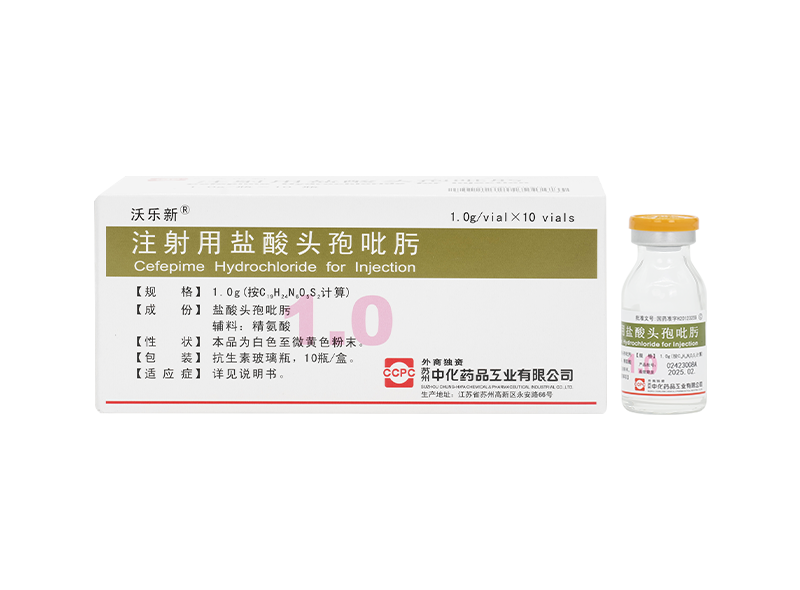 Wolexin® Cefepime Hydrochloride for Injection
Wolexin® Cefepime Hydrochloride for Injection Xiulexin® Ceftizoxime Sodium for Injection
Xiulexin® Ceftizoxime Sodium for Injection Xinlexin® Ceftriaxone Sodium for Injection
Xinlexin® Ceftriaxone Sodium for Injection Weilexin® Cefonicid Sodium for Injection
Weilexin® Cefonicid Sodium for Injection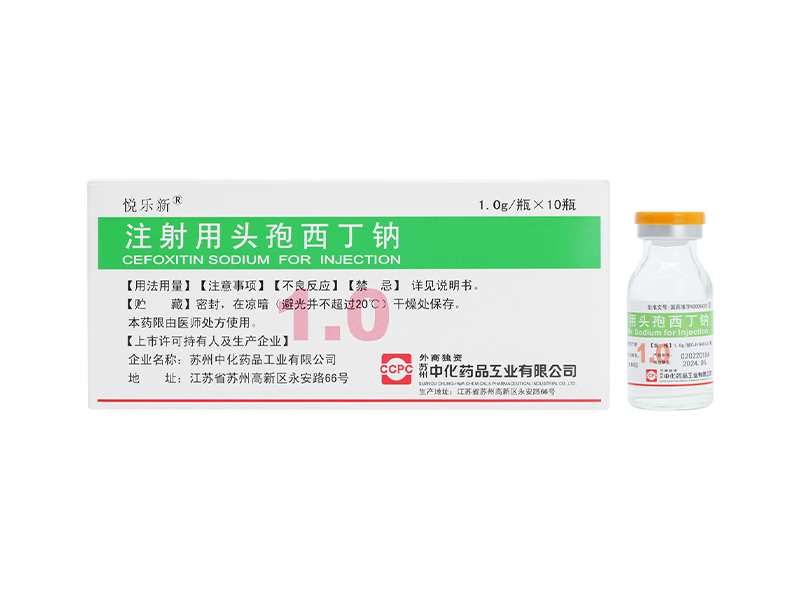 Yuelexin® Cefoxitin Sodium for Injection
Yuelexin® Cefoxitin Sodium for Injection Lilexin® Cefodizime Sodium for Injection
Lilexin® Cefodizime Sodium for Injection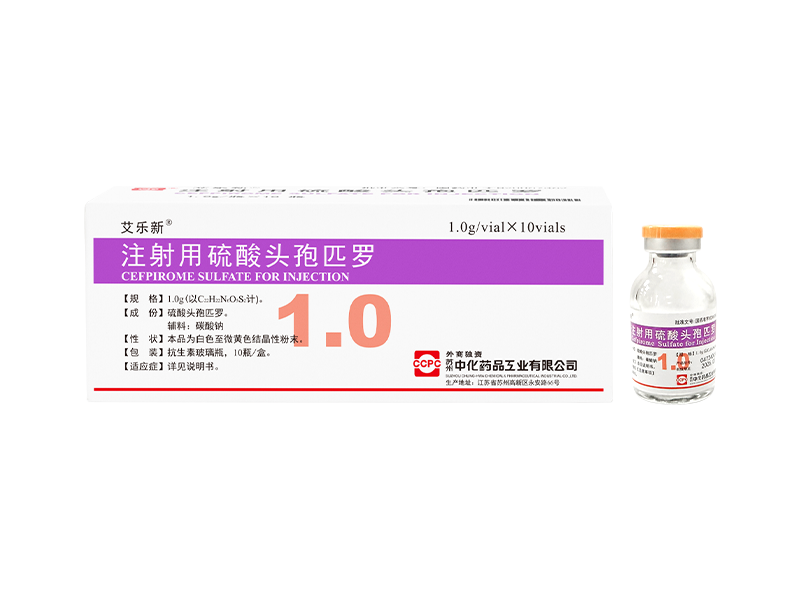 Ailexin® Cefpirome Sulfate for Injection
Ailexin® Cefpirome Sulfate for Injection

